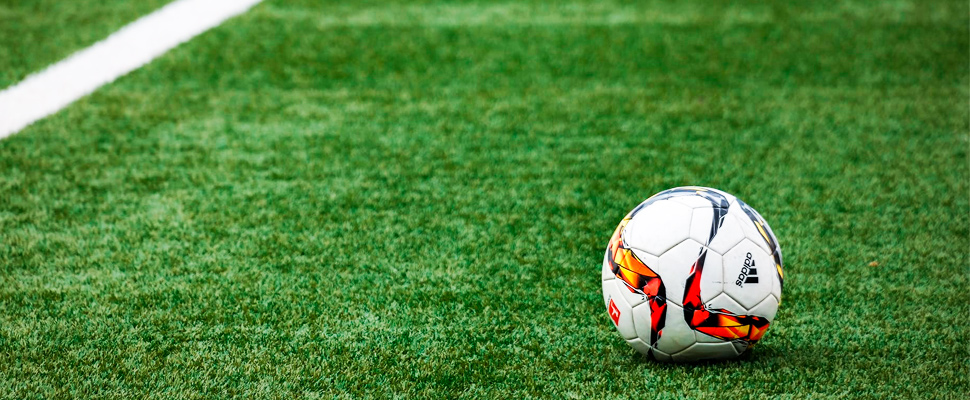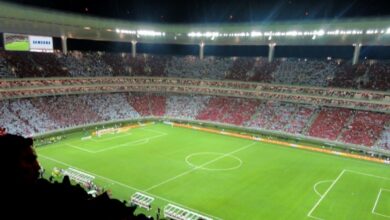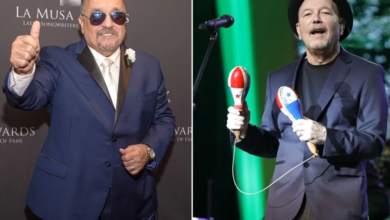Ban on microplastic threatens artificial grass fields
The ban on microplastics that the European Union (EU) plans to impose in the future could affect the artificial turf fields of thousands of amateur football clubs in Germany.

Soccer ball in a grass field. / Reference image / Pexels
DW | Gabriela Mayer
Listen to this article
Leer en español: Prohibición del microplástico amenaza campos de césped artificial
As of 2022, these very small particles of plastic material, which are used in these fields, would no longer be admissible.
The German Interior Minister, Horst Seehofer, intends to intercede for a transition period of six years for existing artificial turf fields.
"As Minister of Sports, I advocate a reasonable balance between the protection of the environment and the legitimate interests of the sport," said the politician of the Social Christian Union (CSU) to the German Sunday "Welt am Sonntag."
"Otherwise, thousands of sports facilities in German municipalities would be threatened by the closure," the senior official added.
Already last week, Seehofer spoke in favor of this transition period in a letter to the Minister of Environment, Svenja Schulze, of the Social Democratic Party (SPD).
The German Football Federation (DFB) also plans to rule in favor of a transition period of six years. According to the data available to the DFB, in Germany, there are about 5,000 football fields of artificial turf.
Also read: Oscar Julián Ruiz and 3 other referees involved in cases of sexual harassment
There is also concern among talent promoters about the threat this prohibition would entail. "If it really were the case that the artificial turf fields cease to exist, this would undoubtedly mean ruin for many clubs," said former professional footballer Mike Rietpietsch.
Rietpietsch, 45, who played among other teams for Bayer Leverkusen, Friborg and Fortuna Düsseldorf, has been co-owner of the football school "Kick'N Body" for some years, which has around 40 Germany courts for children.





